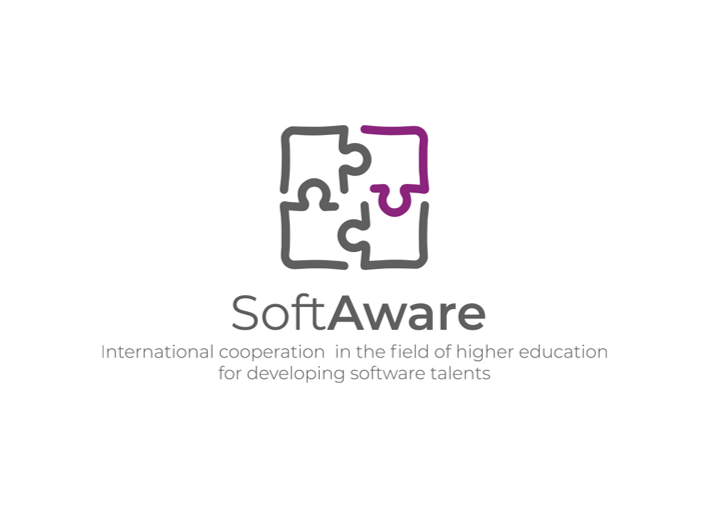
The enormous rise of the software industry for the last two decades resulted in an ever growing
demand for IT skills. Despite the 5.5 million developers in Europe, EU-28 countries are still estimated to suffer a shortage of 500.000 software engineers by 2020. At the same time, there is almost 20% youth unemployment in the EU. The problem is that sometimes students entering the industry are forced to unlearn the working methods acquired in formal education.
At a time when Europe faces massive unemployment, technology companies face a critical shortfall of talented ICT experts.
Representatives of Cypriot IT companies and Universities, that already have Computer and Software Engineering programs, had an in-depth discussion on how the SoftAware project is the answer to this gap and to software industry representatives, by presenting the Bachelor Degree Curriculum in Software Technologies, the SoftAware Open Online Courses and the SoftAware Soft Skills Toolkit for University Lecturers in Computer Sciences.
The discussion was done at the National Multiplier Event of the SoftAware Project, with the title ‘Creating Talents in Software Engineering’ organized by PCX Computers & Information Systems Ltd, and took place on 15 December 2021 at Larnaca, Cyprus. This event was the last of a series of national multiplier events organised in each partner country with the main goal to share the outputs developed during the project lifetime and to disseminate them among interested stakeholders.
Mr George Sarris, Director of HostingB2B, analysed the needs of small and medium companies in the field of Software Development. Mr George Sarris welcomed the SoftAware Project as part of the much-needed international effort to work towards the project’s main goal: make sure that Software Development students can cope with the real working conditions within a company after they complete their studies.
Strengthening the cooperation between industry and education
The cooperation between industry and education is very important in the development of software engineering talents. The need of the market should be in line with the supply of the workforce directly from universities. The last two years managed to create stable networks of reference stakeholders for ICT and software development in 4 of the partner countries – Lithuania, Bulgaria, Portugal, and Cyprus.
Through the SoftAware Online Courses, students will learn to solve problems that require the creation of more complex algorithms, to design and test a software product and learn about the software project management and the soft skills needed within a team.
Soft Skills for University Lecturers
A Google study showed that the company’s best ideas are coming from teams demonstrating greatest soft skills, incl. equality, generosity, curiosity toward the ideas of other teammates, empathy, and emotional intelligence.
Soft skills can be invaluable to a software team success and despite they can be sometimes more difficult to develop than hard skills, they are equally important in running a successful project.
With the SoftAware Soft Skills Toolkit, university lecturers can raise their students’ awareness of the importance of non-cognitive skills. The toolkit is a course compiled in line with the requirements set out in the EQF and includes the skills for the future labour market, ways that lecturers can engage their students and examples of how soft skills were booted with the support of teachers and other Higher Education staff.
Our fully functional SoftAware platform (www.softaware-project.eu) can now support our students and lecturers initiating their journey towards becoming or creating new talents!

Comments are closed